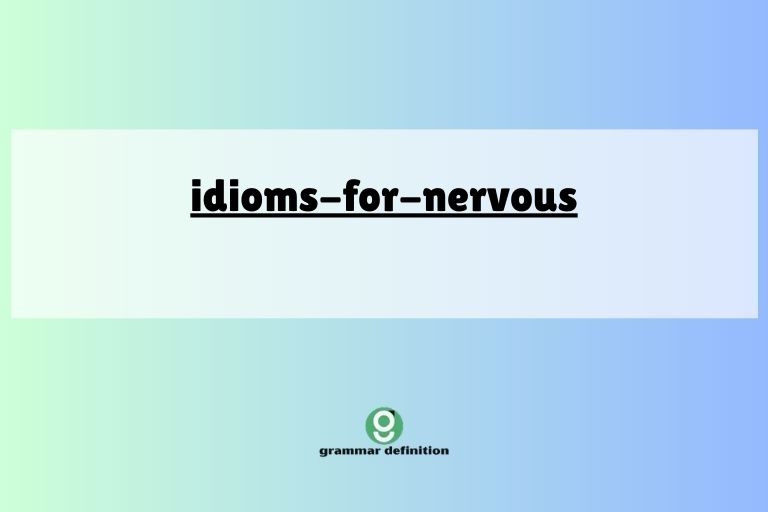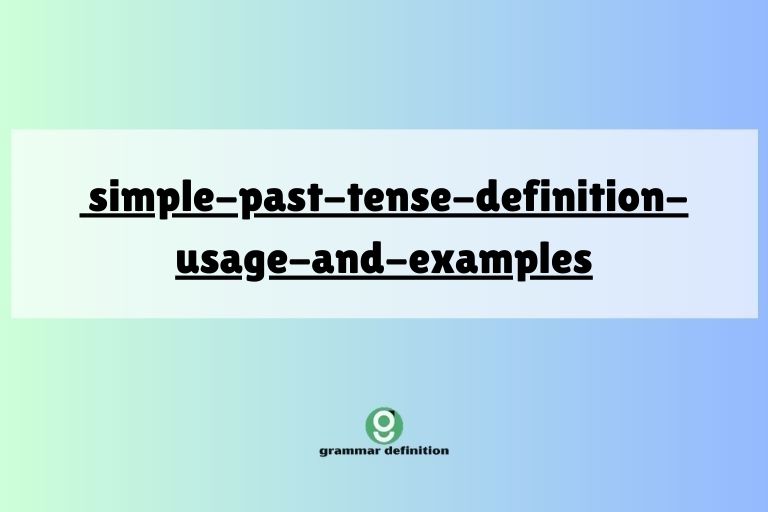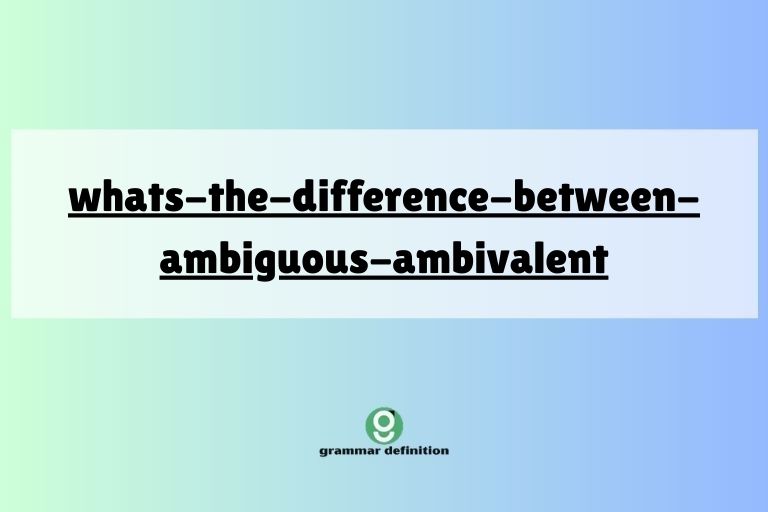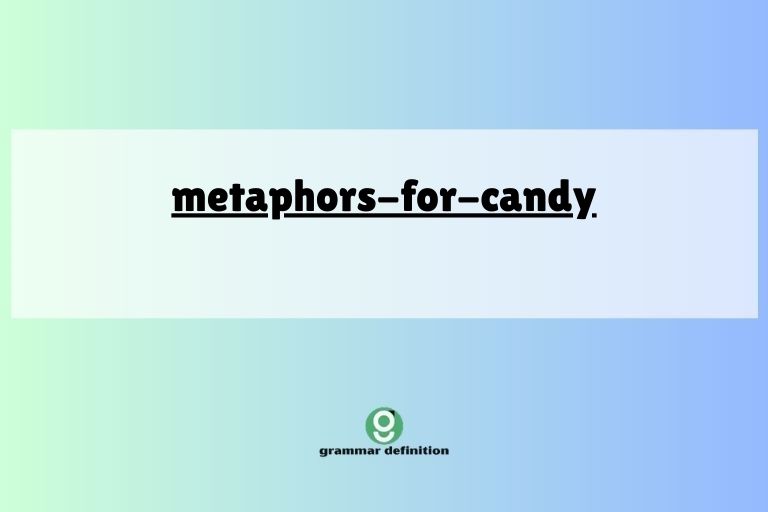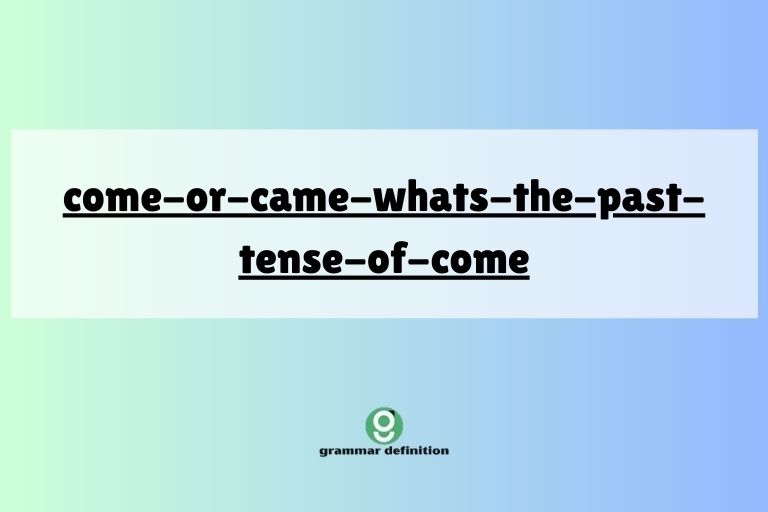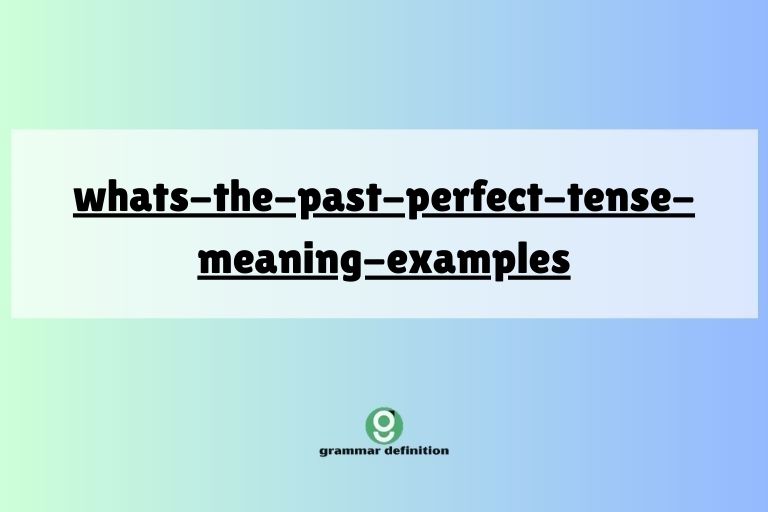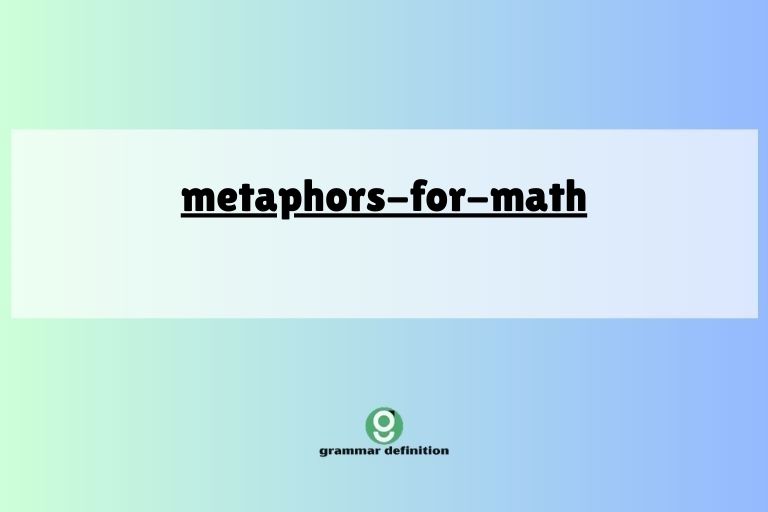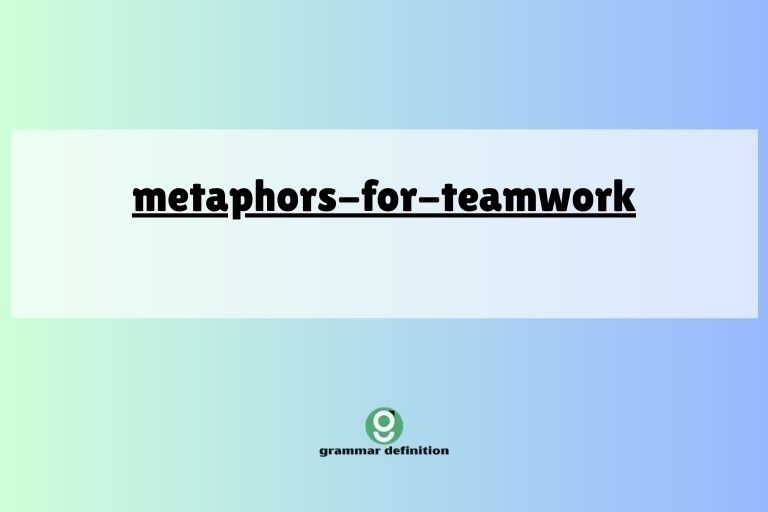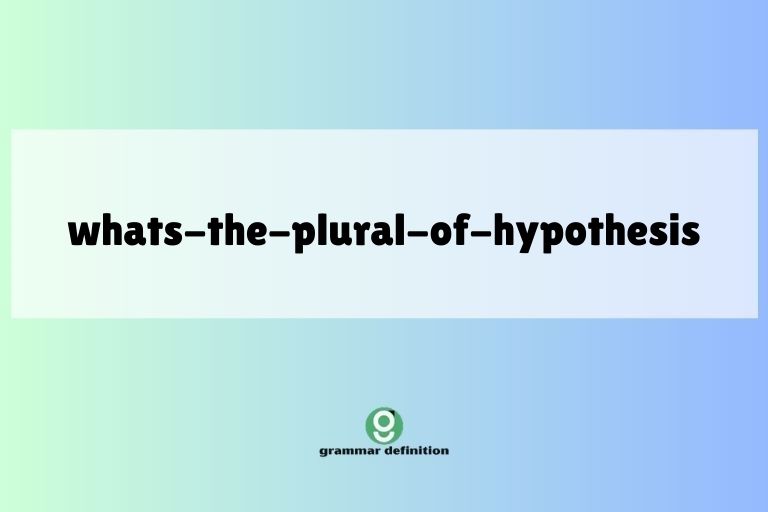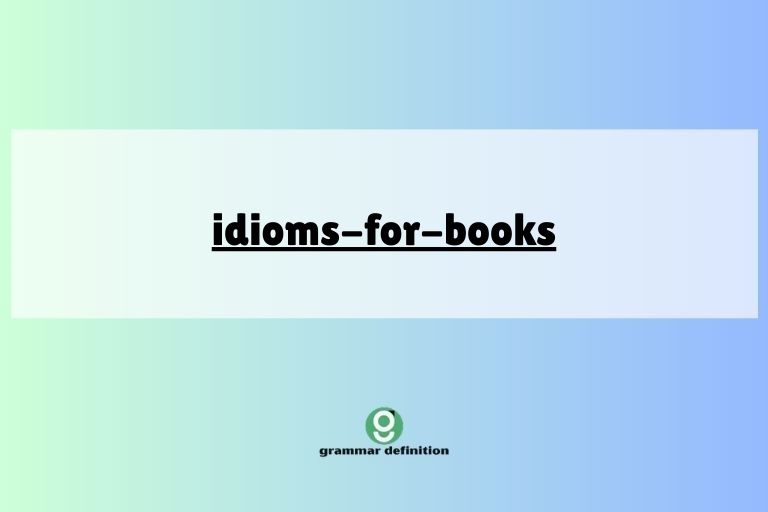Idioms for Nervous: Mastering Expressive English
Understanding idioms is crucial for mastering English, especially when conveying nuanced emotions. Nervousness, a common human experience, is often best expressed through vivid and relatable idioms. This article delves into a comprehensive collection of idioms used to describe nervousness, exploring their meanings, origins, and proper usage. Whether you’re an ESL learner, a student preparing for … Read more

